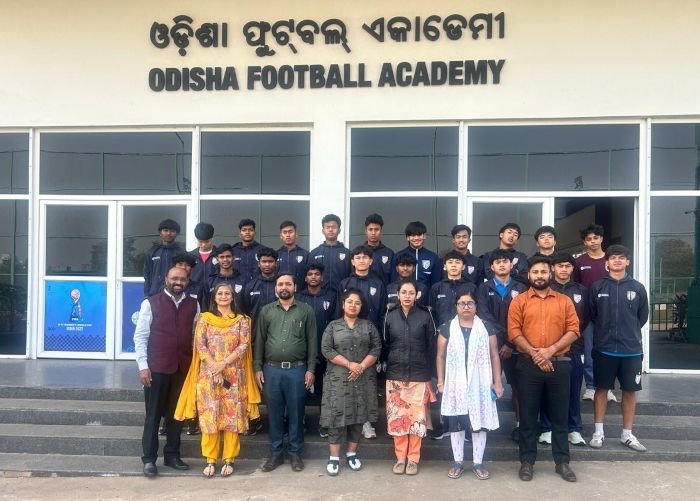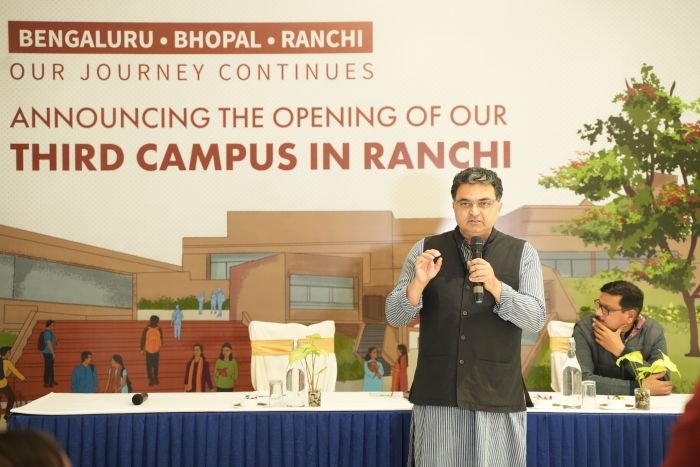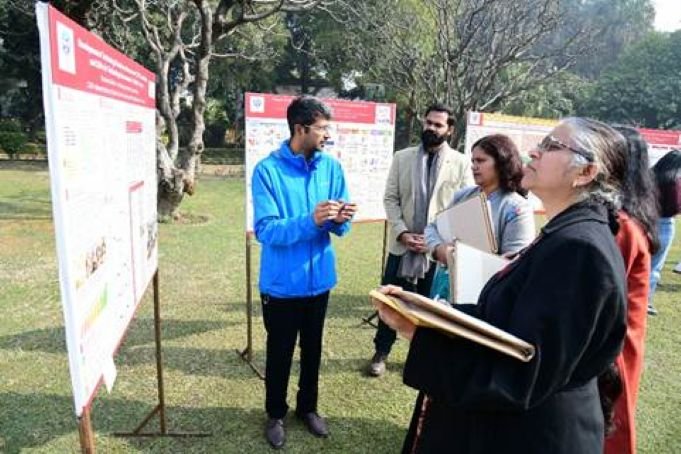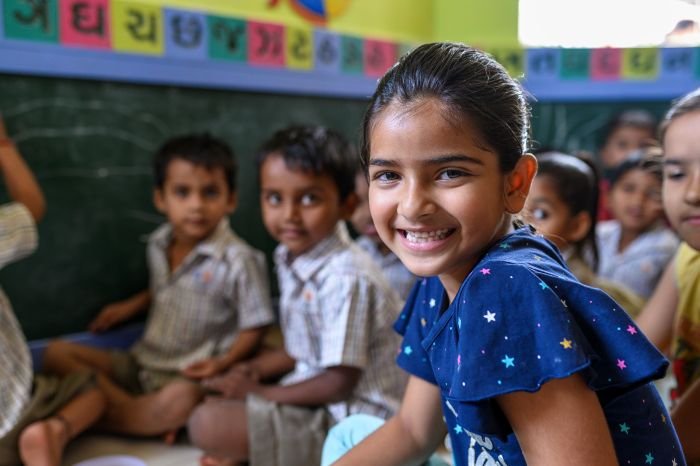A collective of 1400 prominent academicians, researchers, practitioners, teachers’ unions, civil society organisations (CSOs) and networks on June 21 through a collective letter urged World Bank to postpone the finalisation of the project and loan to MHRD for Strengthening Teaching Learning and Results for States (STARS) project across six states in India as key concerns such as lack of provisions to improved access to education among marginalized communities, potential involvement of for-profit entities in education and excessive focus on standardized assessments have not been addressed.
In the collective letter to Hartwig Schafer, Vice President, South Asia Region, World Bank the signatories asked World Bank and MHRD to hold wider public consultation citing inadequate consultation on the STARS project.
The collective letter by civil society members comes at a time when India’s education system is grappling with potential increase in school dropout rate especially among children from the marginalized communities due to COVID-19 pandemic. According to the report by Malala Fund, 1 crore girls are estimated to be out of school worldwide as a result of COVID-19 pandemic.
Potential involvement of private entities
The loan analysis document shows that almost 85% of a quarter of a trillion rupees for the STARS project will be paid by the Government of India and the respective State Governments. Civil society members are calling for strict Right To Education (RTE) compliance standards and governance mechanisms to prevent potential misuse of public funds by private entities in the project.
Ambarish Rai, National Convener, Right To Education (RTE) Forum said, “Government of India and World Bank should aim to create an Aatmanirbhar (self-reliant), empowered equitable and innovative public education system. Strengthening Teaching Learning and Results for States (STARS) project in its current form fails to achieve this, instead pushing for privatisation of the school education system.”
In March 2020, Minister of Human Resource Development Ramesh Pokhriyal Nishank informed Parliament that MHRD doesn’t plan to privatise primary education in India. However, the project would include handing over of government schools to non-state providers, outsourcing specific services and introducing school vouchers. Large scale independent assessments such as Annual Status of Education Report (ASER), the World Bank’s WDR 2018 and Baum (2018) show that private schools and Public–Private Partnerships (PPPs) do not provide better quality of education.
Kiran Bhatty, Senior Fellow, Centre for Policy Research, said: “Public money for private entities with an excessive focus on technology, without improving basic state capacity, does not spell governance reform, nor does ramping up measurement of cognitive abilities lead to improved learning. The thrust of the project seems misdirected.”
Failing to take pro-equity measures
While the case for the project is based on the need to address poverty, discrimination, and inequality in India, the documents fails to spell out any pro-equity measures to address intergenerational social and economic barriers to the education of Dalits, Adivasis, religious minorities, the specific challenges faced by girls in the Indian context or the widening gaps in the quality of education for India’s rich and poor. This is despite the fact that 75% of out of school children in India are Dalits, Adivasis and Muslims.
Anjela Taneja, Lead Specialist, Education and Inequality, Oxfam India said “India’s education system is grossly unequal; the metric of success for the project should be the extent to which it addresses the rights of its poor and marginalized. The project fails to address caste and gender based discrimination or to embed the equity agenda at the heart of system reform by not including measures like equity audits of all schools (both government and private)”
Ineffective route of improving quality
The project excessively emphasizes standardised testing, particularly preparation for Programme for International Student Assessment (PISA), not investing in addressing the everyday realities of teachers’ lives or allowing for change from within the education system. Teachers and education alliances have particularly been inadequately consulted in evolving the project framework.
Ram Pal Singh, President, All India Primary Teachers’ Federation said, “The design of the STARS project reflects that the teacher community was not consulted. Emphasis should be on empowering and not testing teachers and building capacities of the public education system, not spending tax payer funds for management firms”








